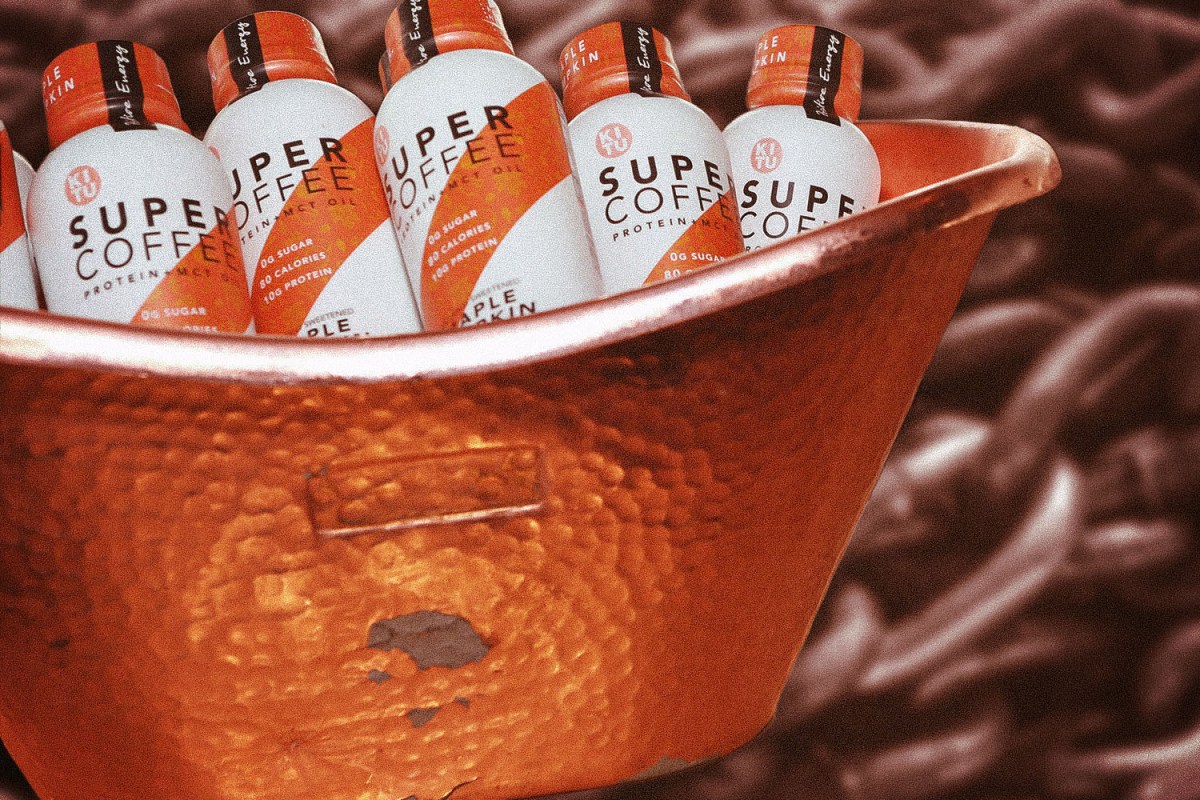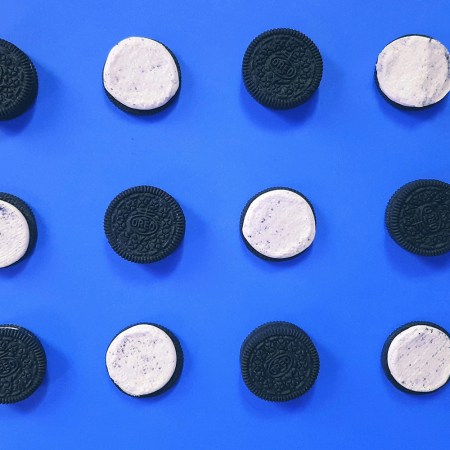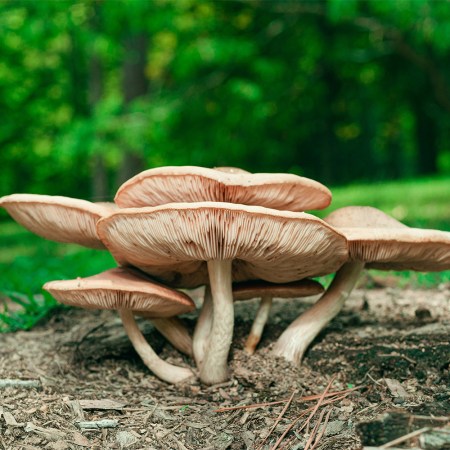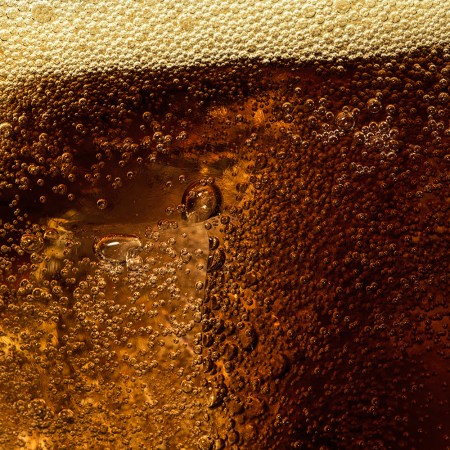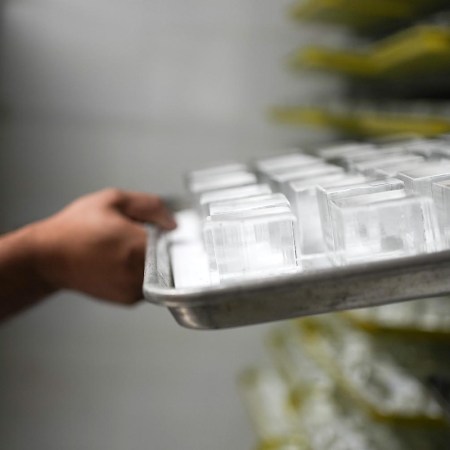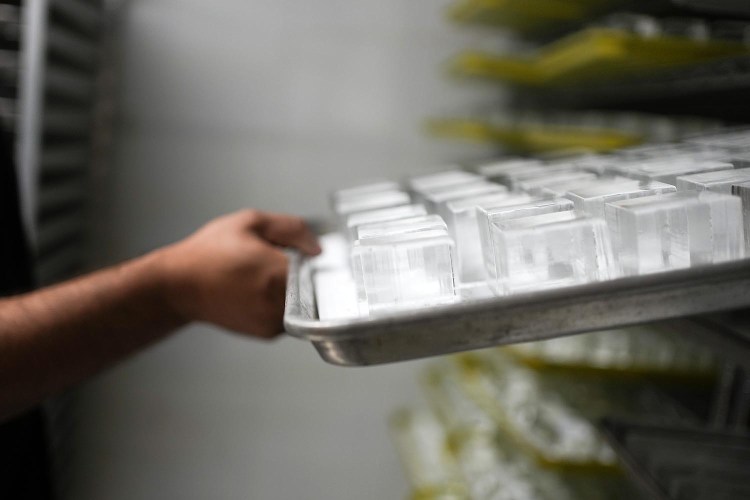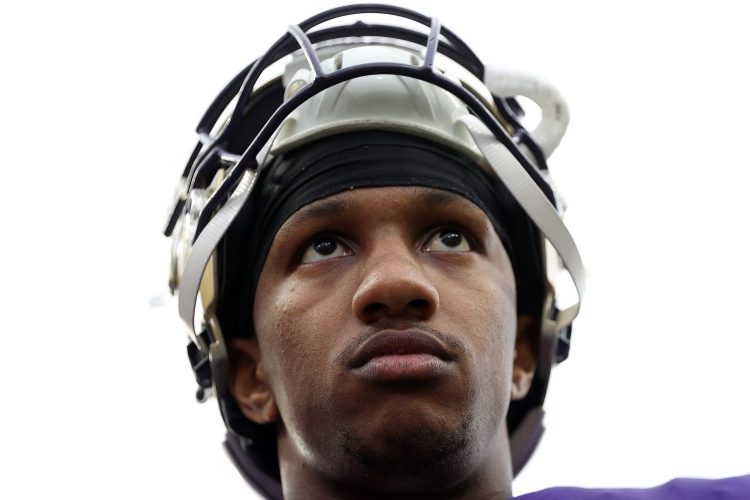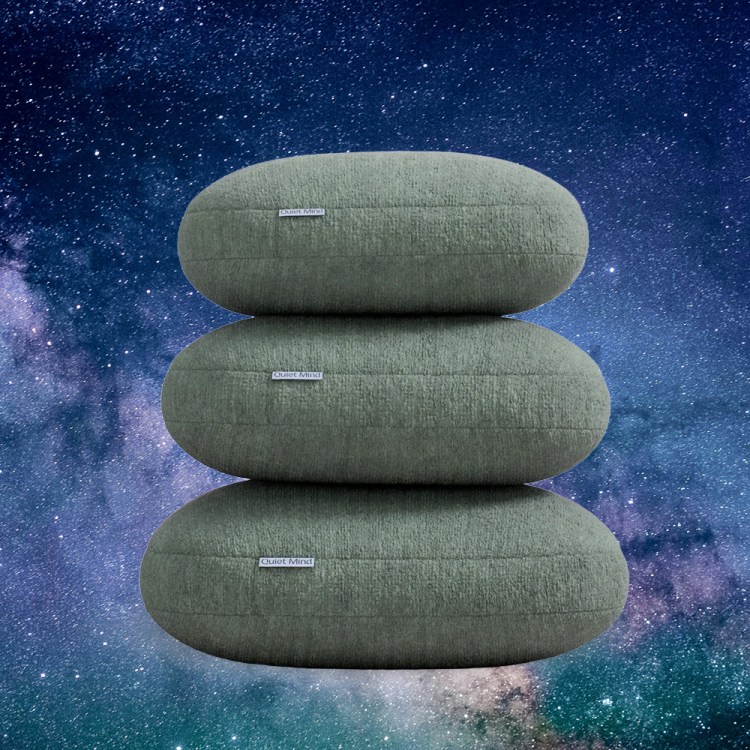According to an interview in Strategy+Business from earlier this year, a drink called “Super Coffee” is now available to 40% of consumers throughout the United States. I wasn’t particularly surprised to read that stat — on a cross-country road trip earlier this year, I bumped into the beverage consistently at grocery stores and gas stations. Here in New York City, it’s become a fixture at corner bodegas.
Founded by three brothers who made the Forbes “30 Under 30” list in 2019, and backed by celebrity investors like Aaron Rodgers and Jennifer Lopez, Kitu Life Inc. (the product’s parent company), reached a $500 million valuation this past summer. The brand’s ascent was likely aided by both a Shark Tank appearance in 2018 (though the founders didn’t cut a deal, the segment played well to a national audience), and a 300% increase in grocery sales during peak quarantine.
The reason for Super Coffee’s success, though, is more straightforward than all that: it’s “packed with protein.” The protein economy — dominated at the top by chicken, pork and turkey, but built on yogurt, nuts, bars, jerky and other snacks — is expected to grow to a $70 billion market by 2025. Americans are perennially insecure that they’re not getting enough protein, so they tend to seek foodstuffs that have a ton of it, get it from the source (the protein supplements market hit $19 billion by itself in 2020), or, increasingly, look for ways to add protein to the sort of stuff they plan on eating or drinking anyway.
It was simply coffee’s turn. Over half of Americans over the age of 18 drink coffee every single day. Over 70% drink it at least once a week. It’s the norm, so it makes sense that at some point, someone was going to try and dump protein in it. Even Cheerios had a protein phase. On Super Coffee’s label, “10G Protein” features front and center. The pitch makes perfect sense to anyone who’s shopped for food over the last 25 years. Protein is good, so we need lots of it for our muscles to grow. Coffee is okay for you if it isn’t a Mocha Cookie Crumble Frappuccino, so drinking it with protein is a good idea.
But it’s more complicated than that. For one, most American adults already get way too much protein. If you live a sedentary lifestyle — which, unfortunately, describes most American adults — you only need about 60 grams of protein each day, max. But most of us routinely consume more than that, to the tune of 100-plus grams, day in and day out. From one angle, this is the inevitable byproduct of a Western diet predicated on overconsumption of meat. But consider, also, how intentional protein intake has become. A spotlight from The New York Times, published four years ago, found that 60% of Americans were “actively trying to increase” the amount of protein they brought in each day.
It’s safe to say we haven’t changed our minds much since then. We’ve tinkered with the source of the protein a bit — “plant-based protein” was hardly a household phrase in 2017 — but the goal remains the same. It’s a bit concerning, considering we don’t really know yet what an obsession with protein does to the body. What we do know, though, is that the body “can’t store protein.” It’s either used as energy or stored as fat. So when excess protein arrives without exercise, it just puts stress on vital organs.
For the non-sedentary crowd: None of this should dispel the idea that protein helps build stronger muscles. It most certainly does. But while intake should definitely increase to accommodate a dedicated cardio or weightlifting regimen (1.2-1.7 grams per kilogram of body weight, as opposed to 0.8 grams for those never get off the couch), too many elite athletes overdo it. They up their caloric intake, which drags more protein into the daily diet with it, then GNC their pantry with a range of whey or casein-rich powders.
CrossFit junkies don’t need more protein, though. Cohorts with a track record for malnourishment — senior citizens, teenage girls, etc. — are among the rare few who should prioritize protein. The rest of us, especially the most athletically ambitious among us, should turn our attention elsewhere, to fiber. Consider: while American men between the age of 30 and 39 take in double their daily recommended amount of protein, they eat less than half the amount of fiber they should be eating each day.
The scientific research on this is pretty clear, as much as it may shock the biggest guy at your gym. A reduced protein intake “plays a critical role in longevity and metabolic health.” In fact, exaggerated protein intake can trigger IGF-1, a growth factor that accelerates aging.
It seems unlikely that most drinkers of protein-powdered coffee are thinking about holistic, longevity-geared health, though. The concept is more harried than that. It’s about a quick win in the morning. It’s feeling like you did the healthier version of a thing. On TikTok, protein coffee is a full-blown trend, with nearly five million views attached to the “proffee” tag. In the videos, users show themselves dumping scoops of protein powder, or entire protein shakes, into cups of coffee. They generally make the mix on the way to work and call it breakfast.
Elsewhere in the beverage industry, products similar to Super Coffee have started populating shelves. Brüst is a “protein packed cold brew coffee that was crafted to help you fuel up while on the go”; Maine Roast offers a blend with 15 grams of protein the equivalent of two shots of espresso; and fledgling brand OWYN has reverse-engineered the concept, adding coffee to its plant-based protein shakes.
It should be said — left to their own devices, people are pouring way more protein into their homebrew proffees than the amount the manufacturers landed on. Brüst clocks in at the top of the spectrum, with 20 grams per drink. But some folks are ladling in multiple scoops of protein powder (at 20 grams a pop). All of a sudden, the 10 grams in Super Coffee sounds pretty reasonable.
And to be fair to the company, it is reasonable. Compared to the syrupy monstrosities on offer at Dunkin’ and Starbucks, a Mocha Super Coffee exhibits a great deal of restraint. It doesn’t contain any sugar (using monk fruit as a sweetener, not some artificial nonsense) and it checks in at less than 80 calories. But the important thing for consumers is to manage expectations. This drink’s true value is in its ability to replace an unhealthier habit — it won’t help you build muscle or lose weight just because.
For better or worse, some buzzwords seem destined to rattle around the wellness industry forever. Forget protein, I could wax just as long about the ubiquitous “super” qualifier. But it’s up to consumers — and hopefully before they commit to a twice-a-month delivery subscription — to research and recognize what their bodies actually need. If there’s room in your daily allotment for 10 grams of protein from a drink, which, by the way, might also give you a boost before a workout, then do you.
But don’t feel compelled to drink it, or pressured to start whipping up your own concoctions at home, for fear that you’re missing out on some fantastic shortcut to health and happiness. If there’s one thing America’s actually leading the world in, it’s protein consumption. You’ll be just fine.
Whether you’re looking to get into shape, or just get out of a funk, The Charge has got you covered. Sign up for our new wellness newsletter today.
